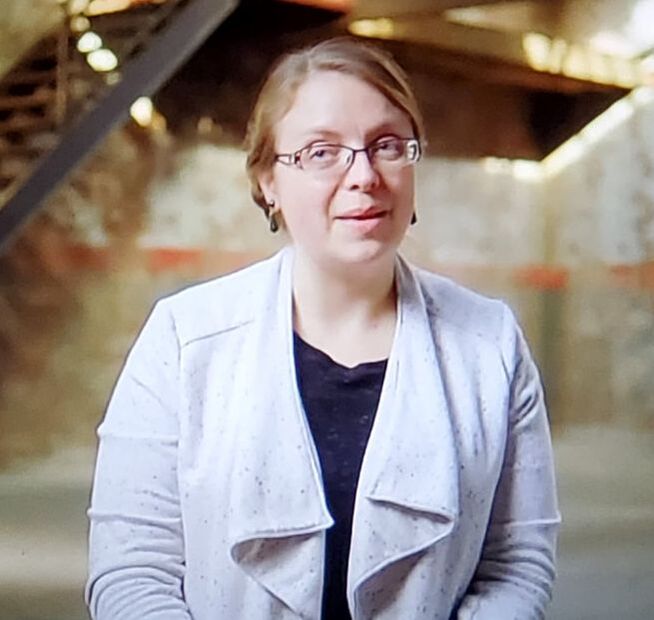|
No really.
You would think that with a field title like "food history," that historians writing books on that topic would be a given. Not so. In fact, I think it would be safe to say that at least 50% of the books marketed today as "food history" books are, in fact, written by people with little to no historical training at all. Journalists, scientists, home cooks, chefs, literature majors who like food, and people who think history is cool. Which is great! I love people who love history. I just don't think that they should necessarily be writing authoritative food histories. Maybe that makes me a heretic. After all, I'm also the type of historian who refuses to use the word "an" before the word "historian." I can't help it - I'm an Americanist. We pronounce the aitch. But frankly, with a few notable exceptions, most food history books I've read as of late have been disappointments. In fact, the whole field is a bit of a disappointment. Many publishers seem to think that the history of a particular ingredient qualifies as "food history." Or the history of a recipe, or an ethnic cuisine. And these books may, indeed, be writing about the histories of these individual bits. But that does not, in and of itself, qualify as food history. Because unlike most books published today, REAL food history is history first. If you wrote a science book about the ocean and spent more time describing the marine wildlife than you did actually presenting your research, you'd be laughed out of the academy. But this happens to food history all the time. Authors get caught up in describing things without actually analyzing them. And that's where the trouble lies. History is all about taking primary sources, putting them in context, and drawing inferences about the lives of the people who lived in the past, and what their lives and actions mean for the present. The missing "ingredient" from most modern food histories? The people. After all, what is the history of the tomato without people? Tomatoes didn't domesticate themselves. In fact, without the context of humanity and its quest for edibles, tomatoes really don't matter at all. True history answers the "so what?" question in a way that many modern food histories just don't seem to. Even some of the better histories written by academics which try to make themselves relevant by making connections to modern issues don't do a particularly good job of it. These attempts at relevancy often seem like something tacked on the end of the book at the behest of the publisher, rather than being rooted in the inquiry itself. Because I'm more public historian than true member of the academe, for me the study of food and especially food history should help us illuminate our own ideas, pre-conceived notions, and biases about food, agriculture, and eating. WHY did we domesticate tomatoes from a tiny wild fruit? WHY did our food production system shift from home-based production to factory-based? WHY do we struggle so much with figuring out what is "healthy" to eat? Food history is not an island. You need the context of agricultural history, transportation history, culinary history, ethnic history, political/policy history, the history of what is in fashion, the history of etiquette and manners, women's history, slave and servant history, the history of science.... I could go on. Food is an inextricable part of our lives. It is literally the ONE THING that connects all humans across all times and spaces. Even the deaf, blind, mute, and/or paralyzed still need to eat and drink. It connects us in a way that language, art, music, dance, storytelling, and just about any other form of communication cannot. To analyze it without context is just criminal. In summation - if you want to write about food history, please do! But give the study of history just as much or more attention as you do the study of food. And publishers? Please vet your food history manuscripts by academic historians. Everyone, including future researchers, will thank you.
0 Comments
Your comment will be posted after it is approved.
Leave a Reply. |
AuthorSarah Wassberg Johnson has an MA in Public History from the University at Albany and studies early 20th century food history. Archives
July 2024
Categories
All
|

 RSS Feed
RSS Feed